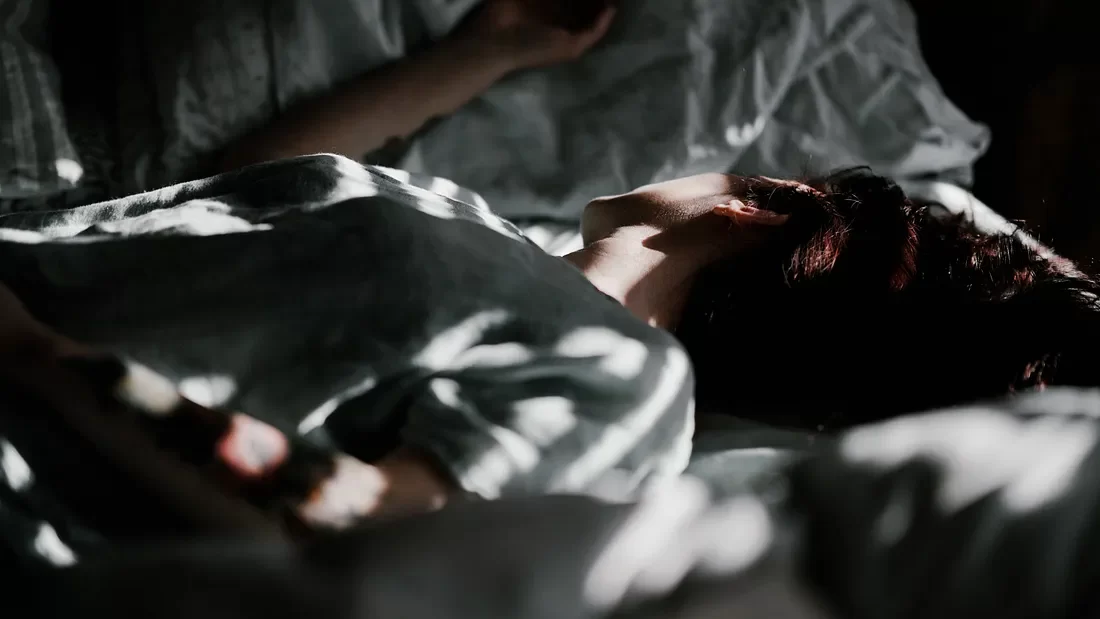Sleep is starting to get the limelight it deserves. But it wasn’t always like that.
There was a point in time when people thought that sleep wasn’t necessary.
Simply a defect of evolution.
At most, sleep was just a period of mental relaxation.
Now, we are beginning to realize how incorrect we were.
Sleep is so much more than that. The more we discover about our species, the more we realize how perfectly evolution has crafted us.
Sleep is when every cell in our body recovers and rejuvenates.
Sleep is when our system clears the toxic waste accumulated from our day of toil.
Sleep is when we are flooded with hormones that impact our behavioral and physical characteristics.
Every single cell, tissue, or organ inside us is affected by sleep.
Therefore, not having enough high-quality sleep can be linked with every health defect you can imagine.
Increasing the duration and quality of your sleep can have profound performance and health-enhancing benefits.
My sleep was never terrible; I always acknowledged that it was a good idea to get decent sleep, but I never made an effort to optimize it.
In other words, I was like most people.
That was until I started becoming more competitive in sports such as boxing and also wanted to grow my business.
That’s when I began looking into natural means to boost my performance, physically and cognitively.
Time and time again, sleep was being linked to insane performance boosts. The kind of boosts that no drug would ever claim to provide.
And it only takes a few nights of good sleep to feel the emotional and physical benefits.
Ever since I have been obsessed with improving my sleep and have made getting great sleep a priority in my life.
I acknowledge that many people want better sleep, but it isn’t always possible. That’s why I have listed the things I did which required the least effort but had the biggest impacts.
Make your room as dark as possible

It seems obvious that sleeping in the dark is better for you than sleeping in the light, but I still see so many people who will leave a light or two on.
This WILL negatively impact your sleep.
Your body produces melatonin (the ‘sleepy’ hormone) in response to a lack of light.
In bright light, cortisol also becomes elevated, and cortisol is the hormone that wakes you up in the morning.
Too much light will elevate your cortisol levels and suppress your melatonin levels, making it very difficult to fall asleep.
So turn off all the lights in your room, and consider investing in blackout curtains since most cities have enough light pollution to disrupt your sleep.
If you don’t want to do that and don’t find them uncomfortable, you can always sleep with an eye mask which should work just as well.
Don’t eat at least 2 hours before sleeping

Digesting food is a very energy-intensive process. If you are digesting food while you are sleeping, it can prevent this energy from being used for other restorative functions such as releasing hormones.
That’s why you can wake up not feeling properly rested when you sleep straight after eating.
The insulin spike that’s paired with eating food will also interfere with your circadian rhythm.
This means you can find it much harder to fall asleep at the time you usually would.
Keep your room slightly cooler

From the moment you wake up, your body temperature begins to rise. This rise in temperature signals to your body that it’s morning and causes you to become ‘alert’.
In the same way, when it’s time for you to sleep, your body temperature will drop, signaling your body to start producing melatonin (the ‘sleepy’ hormone).
This happens because, in the hunter-gatherer era, they didn’t have heating 24/7 to keep their body temperature stable.
So, when the air temperature dropped during the night, they were far more sensitive to this environmental change and their body temperature also dropped.
Over millennia, our bodies have evolved to associate a drop in body temperature with sleep.
If you want to optimize your sleep quality, you should support this drop in temperature by keeping the environment cool as well.
I personally always sleep with a fan on because keeping your body cooler will make it easier to drift into sleep.
The optimal temperature for sleeping is about 18 degrees Celsius.
Sleep and wake up at the same time every day

The ‘circadian rhythm’ is our body’s clock that controls when important functions occur.
Having a stable and consistent body clock is extremely important to optimize your day because when you keep your daily habits consistent, your body begins to prepare for processes that it thinks will happen.
This can help you fall asleep faster. If you sleep and wake at the same time every day, your body will start to recognize your sleeping and waking time and prepare itself accordingly.
It does this by increasing melatonin production close to when you are about to sleep, meaning you will automatically start to feel sleepy at the same time every day.
If you do this, you should be falling asleep minutes after you get into bed.
The same applies to waking up. Ever wondered how people can wake up at the same time every day without an alarm clock?
It’s because they are in tune with their circadian rhythm.
The body automatically releases cortisol to wake them up, because they have always woken up at that time before.
Eliminate/reduce your blue light exposure

The final way to optimize your circadian rhythm is to limit blue light exposure before sleeping.
Once again, viewing blue light at night will stimulate cortisol and suppress melatonin release (noticing a common theme?).
Blue light is the light emitted from all electronic devices so ideally, you shouldn’t be using these devices before sleeping.
Having said that, it can be very difficult to completely cut out blue light exposure so you may want to invest in some good quality blue-light blocking glasses that will filter out most of the blue wavelengths.
Also, if you are going to use devices before bed, many of them offer ‘eye-comfort’ modes that will give the screen a red tint to reduce blue light.
I like to read digital books on my phone before sleeping, so I enable a setting that turns my phone screen black and white to limit blue light.
BONUS: Consider Earplugs
I live in a house with other people and a lot of the time, our sleep schedules don’t match up. I am also very sensitive to sound and find it difficult to sleep unless there is pure silence.
Something that has been a game changer for my sleep has been earplugs.
They can be uncomfortable at first, but eventually, you get used to them and they block out everything except loud sounds.














